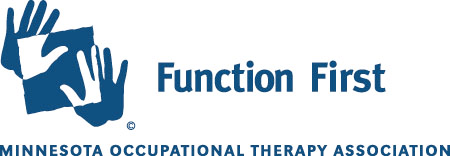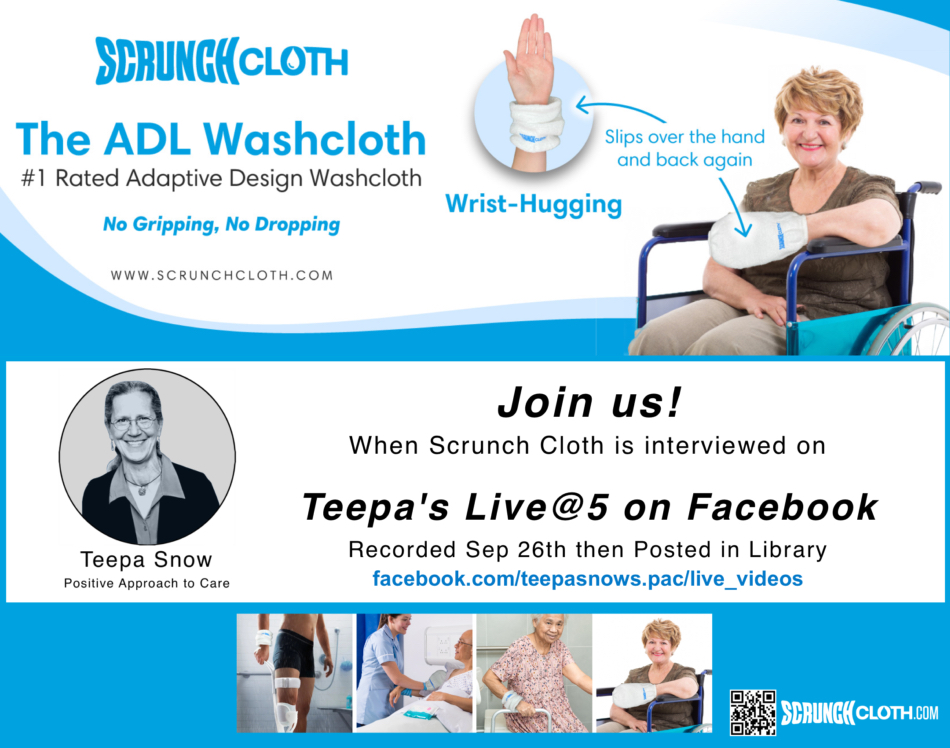|
Health Equity SIG - The Biology of Shame and Thriving
Tuesday, February 05, 2019, 5:30 PM - 7:00 PM CDT
Category: SIGS
Agenda: Course Description:
In order to talk about race or culture, we must first have a good understanding of ourselves and our own past. With trauma-informed strategies, Tyler lays the foundation for better insight into our own personal experiences, better equipping us to talk and interact with others. This presentation weaves psychological research, theory and neuroscience with Tyler’s experiences of developmental trauma from childhood to adulthood. Joining trauma-informed theory with real-life examples, Tyler’s work will take you beyond the diagnosis and into the human experience. His work gives practical application to the research. Attendees will leave with a deeper understanding of the power connection has in our lives and how trauma can impact our ability to do it.
Speaker Bio: Tyler Reitzner is a husband, a father and an impassioned advocate for everyone’s right to thrive. In long-term recovery from Developmental Trauma, that includes PTSD and substance use disorder, Tyler has put his experience in branding and networking to use in the field of behavioral health. His professional life, his recovery and his lived experience have given him a deep understanding of the influence adverse childhood experiences (ACEs) have on our abilities to work, to grow, and to have authentic relationships throughout life. He provides training and consulting services to help other professionals apply trauma-informed insights to the work they do. Tyler is the Principal Consultant of Thriver Institute, former Executive Director of MN Trauma Project, an ACE Interface trained Presenter and a trainer of CAST through the Mitchell Hamline School of Law Cohort. Tyler and his wife Bethany are happy parents to two.
Learning Objectives:The foundation of quality patient centered care is a strong therapeutic alliance, understanding of patients’ personal stories, and how these experiences impact care and our ability to establish therapeutic alliance. 1) Describe how developmental trauma impacts occupations in childhood through adulthood2) Identify 1-2 methods OT Practioners can build meaningful connections with patients (all cultures and conditions) 3) Identify 1-2 ways trauma within ourselves/Practioners can impact connects with patients (any culture)
Target Audience: OTR, OTA, OTS. Course Level: Introductory Event Location: Washington Technology Magnet School (Center for Equity and Culture), Continuing Education Credits: 1.5 CEU This course fulfills the AOTA Classification Code for Continuing Education Activities: Category 1: Domain of OT Fee: MOTA members free $20.00 non-MOTA membersHealth Equity SIG - The Biology of Shame and Thriving
Contact: Kimberly Anderson [email protected] |

 Prev Month
Prev Month View Month
View Month Search
Search Go to Month
Go to Month Next Month
Next Month Export Event
Export Event 